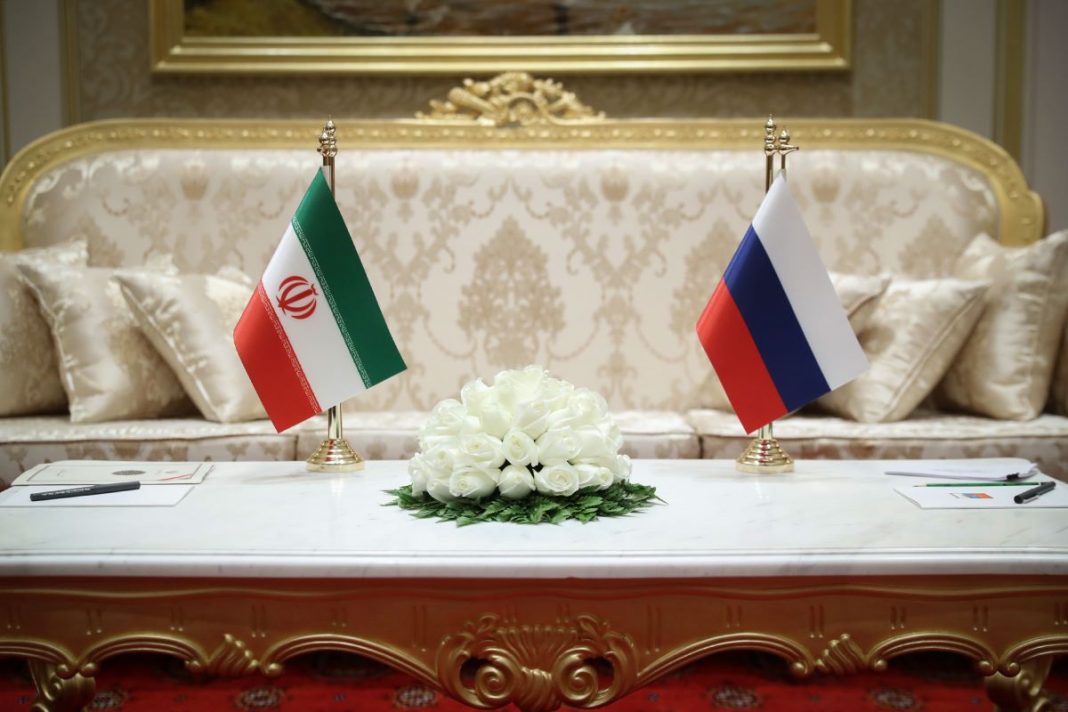Although Iran has lived under sweeping international sanctions for decades, the country’s economy has not been ruined, Jalali stated. On the contrary, Tehran has managed to adapt and has insulated its economy such that it is no longer heavily reliant on Western trade, he added.
“The US sanctions were designed to destroy the Iranian economy which used to be dependent on oil and gas exports. We unmasked the plan of our enemies and started developing various areas of the economy and reduced our dependence on energy exports,” he stated.
Two decades ago, Iran’s non-oil exports totaled a mere $1.5 billion, the ambassador noted. Since then, Tehran has managed to diversify away from energy, reaching $54 billion in non-energy exports this year, the official said.
The government has seen the sanctions regime as an opportunity, and currently the Iranian economy is the world’s 16th largest, according to Jalali.
“In many sectors of the industry including science and technology Iran has created full-cycle manufacturing even as Iranian industry just like Russia’s has been dependent on Western technologies. Russia is now shifting away from the West. We started this process forty years ago,” the official added.
He also highlighted the deepening ties between Moscow and Tehran and said that the two economies could complement each other, pointing to increased mutual investment, as well as energy and industrial cooperation.
“This trend is gaining momentum. Our economies could complement each other and eventually create a synergy,” Jalali suggested.
Russia and Iran have been strengthening ties in the face of Western economic sanctions. Bilateral trade turnover has nearly tripled from the $1.6 billion recorded in 2019, reaching $4.6 billion in 2022, according to official data.
